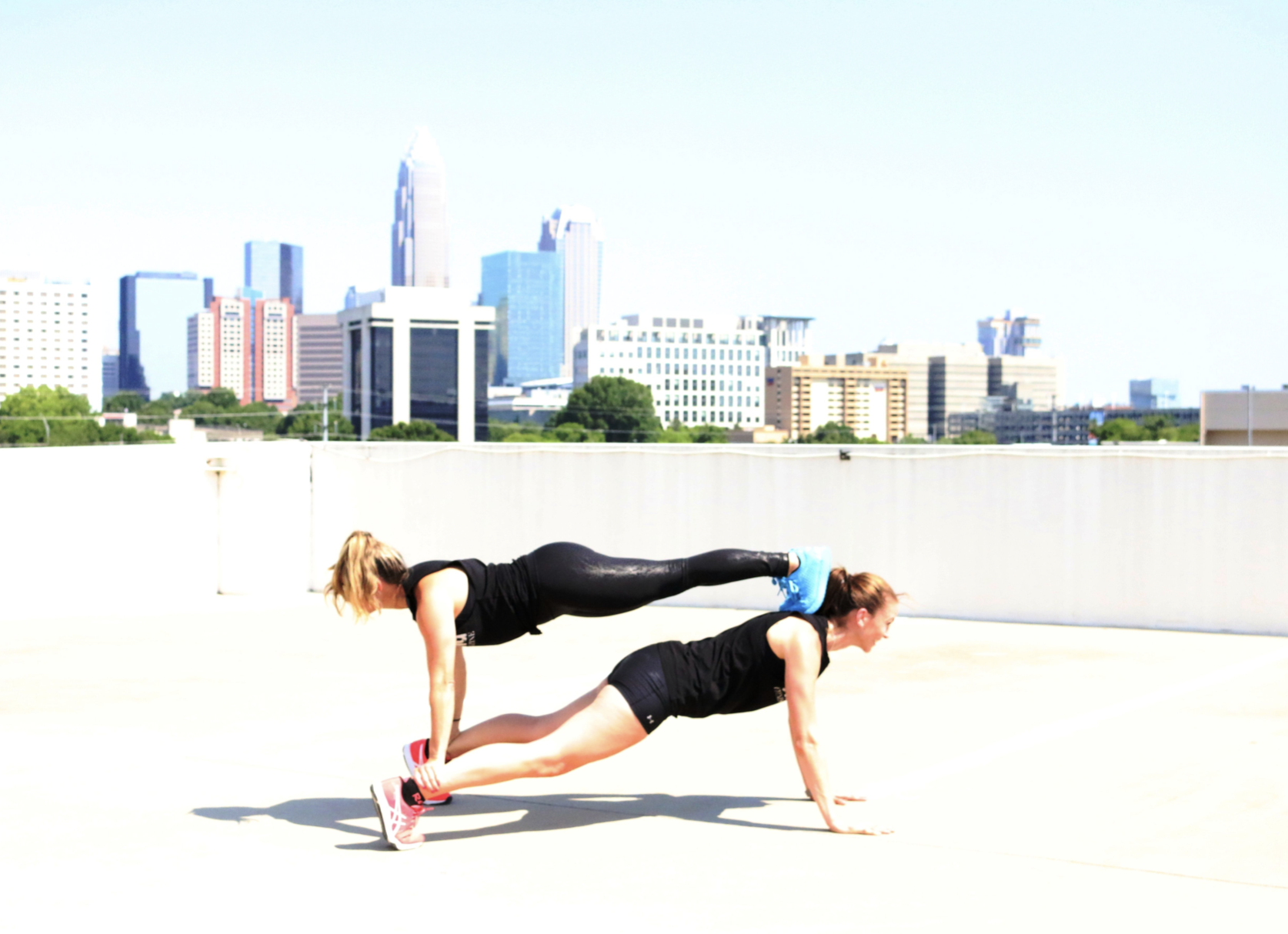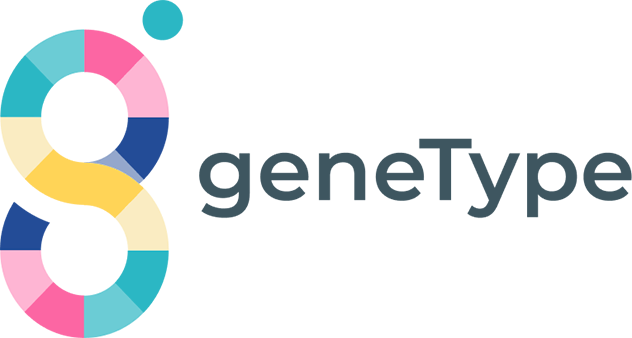Recently Phenogen Sciences was invited to share our message and flagship product, GeneType for Breast Cancer, at STRONGCAMP Charlotte (May 22-23). The event was led by STRONG ambassador, Be Amazing host & SweatNET podcaster Celia Smart.

Photo credit @ericpsmart
This weekend event brought together an amazing group of STRONG women to learn, share, and grow. It was not your average fitness boot camp weekend, but rather a collaborative weekend for women, by women. Sponsored by STRONG Fitness Magazine the weekend combined physical training, nutrition, and whole-person wellness. The message “you will arrive strong and leave stronger” is an understatement.
STRONGCAMP went far beyond sweat and energy, addressing the many facets of success (and failure) women often encounter in the pursuit of shaping their health. Campers & instructors alike laughed, cried, and even needed a few moments to catch their breath. It was an unforgettable weekend of empowerment and inspiration; acknowledging and celebrating the inner strength of women invested and proactive in their personal health journeys.
 Photo credit @ericpsmart
Photo credit @ericpsmart
Among those in attendance it was shared that one woman was a breast cancer survivor and another woman (more recently diagnosed) was in remission. Most of people have heard that 1 in 8 women will be diagnosed with breast cancer in her lifetime, but being present in a room full of apparently healthy younger women gave an entirely different perspective.
Younger women can get breast cancer. Even more unsettling is that 85% of breast cancers are sporadic (non-hereditary) meaning women have little or no family history of the disease. There is no single risk factor that can cause a woman to develop breast cancer. But there are tools that help to better identify a woman’s risk of developing breast cancer. These tools allow a woman and her doctor the chance at increased awareness.
This increased awareness may enable the woman to qualify for risk-reducing options including additional screening and medication that can detect breast cancer earlier, or reduce breast cancer incidence by more than 40%.
This increased awareness may encourage the woman to engage in lifestyle choices to help lower her breast cancer risk. Getting regular physical activity, eating nutritious food, maintaining a healthy weight, and limiting alcohol intake all aid in primary prevention.
This increased awareness may empower friends to communicate about breast cancer risks and self-care opportunities. Stay on top of monthly breast self-exams, a doctor’s care plan, your breast density, clinical breast exams, and recommended routine mammography screening.
We can empower each other to better understand our own personal risk of developing breast cancer. We can’t always prevent breast cancer, but we can do more to reduce excess risk and to raise self-awareness to detect it earlier. One in every four women over the age of 40 are at an increased risk of developing breast cancer based on clinical care thresholds. Take an additional proactive step in understanding your personalized risk of developing sporadic (non-hereditary) breast cancer with a risk assessment tool like GeneType for Breast Cancer.

